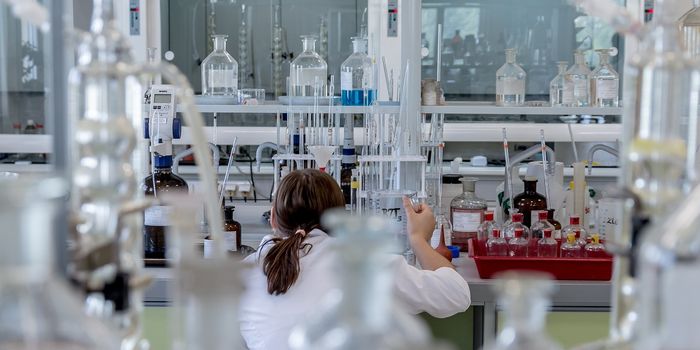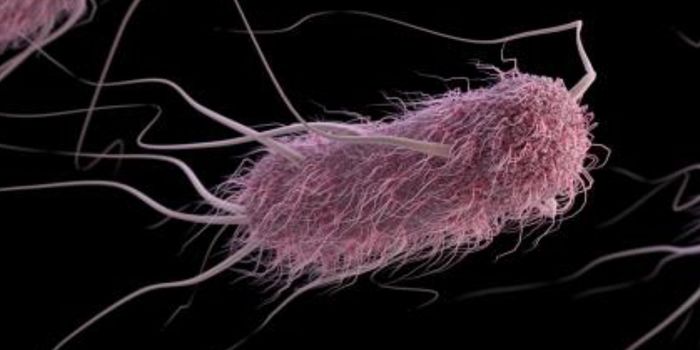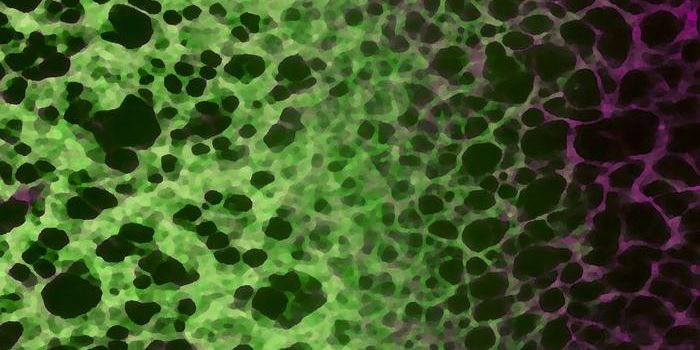A New Player in the Control of Cell Division
Oil and water don’t mix; droplets form when they are combined and the liquid phases are separated. Cells can take advantage of the phase separation phenomenon by compartmentalizing stuff into different droplets. Now researchers have learned more about how a class of enzymes helps mix those separate phases at a critical time for the cell. When a cell undergoes division into two daughter cells, it’s essential for all of the cells' parts to be distributed in the right way between them. Reporting in Nature, researchers led by Lucas Pelkmans, a professor at the Institute of Molecular Life Sciences at the University of Zurich (UZH) found that DYRK3 can encourage phase mixing during cell division.
"These fundamental findings give us completely new insights into cell division: as a process in which the cell contents mix together and then separate again," explained Pelkmans.
This work may have major implications for biology. Now that these enzymes have been revealed as players in the critical phase-mixing process, their relevance to disease can be assessed. It’s already known that dysfunction in phase separation is connected to disease. If during cell division, phase separation does not happen in the right way, chromosomes may not be allocated evenly, leading to aberrant numbers of chromosomes in daughter cells, a known feature of many kinds of cancers.
It has also been suggested that some neurodegeneration is due to failures in phase separation that cause problems in protein function. Alzheimer’s and Parkinson’s are examples of illnesses in which abnormal proteins build up in the cell and drive disease.
"Thanks to the discovery as to which proteins control phase separation, new strategies can be pursued to prevent mistakes in this process," noted Pelkmans.
The way that cellular components are organized, which depends on phase separation, may have an influence on aging. It is possible that as the cell ages and phase separation is mechanistically less reliable, there is a concurrent decline in mitochondrial function and homeostasis in cells is harder to maintain.
Viruses are also thought to induce phase separation, generating isolated areas where new viruses can be created. The researchers want to know more about that relationship, and potentially may engineer new therapeutics.
"Since we now know that these enzymes control intracellular phase separation during viral infections, we can research new antiviral therapies," concluded Pelkmans.
Learn more about phase separation from the video.
Sources: AAAS/Eurekalert! Via University of Zurich, Cell, Bioessays, Nature










